In a soundstage once graced by the likes of Charlie Chaplin and Mabel Normand—silent film legends who probably never imagined their successors would be debating robots over martinis—Hollywood’s elite gathered to sip cocktails and marvel at what some are calling the biggest breakthrough since talkies: AI-generated video. But whether this tech is cinema’s future Oscar winner or its digital apocalypse remains up for debate.
Just two years ago, actors and writers brought Tinseltown to a standstill with strikes demanding protection from artificial intelligence. Now, AI has controversially tiptoed onto screens big and small, sneaking into TV shows, movies, and even video games. Heck, two films honored at this year’s Oscars didn’t just thank their agents—they tipped their hats to AI too!
As a DJ spun ’90s hip-hop (because nothing says “cutting-edge technology” like Coolio), computer developers mingled awkwardly with A-listers and studio execs, signaling that power players in Hollywood might soon need an algorithm on speed dial.
AI in Hollywood, according to Bryn Mooser, host of the soirée and co-founder of Moonvalley, is “inevitable.” His company created Marey, an AI generator tool that pays filmmakers for footage used to train it. He calls his product clean, despite AI often being considered a dirty word in La La Land.
“Artists should be at the table,” Mooser insists, adding that building tools for filmmakers beats getting steamrolled by Big Tech. After all, if you’ve seen The Terminator, you know how well handing creative control to machines usually goes. Spoiler alert: spoiler-filled dystopia ensues.
But while Hollywood loves portraying AI as evil—hello, Skynet—it’s actually the creators behind the tech who’ve drawn real-life ire. Companies scrape publicly available data, including copyrighted material floating around online, to build their models. Creators argue they’re being robbed blind without so much as a thank-you note.
OpenAI, Google, and other tech giants now face lawsuits galore from writers, actors, and news organizations accusing them of using stolen work to train AI without permission. Meanwhile, studios like Paramount, Disney, and Universal have been urged by writers to join the fray—but none have lawyered up yet.
“We’ve fought hard for copyright laws,” Mooser says, “and nobody wants to see their work pirated for someone else’s profit.” Translation: Don’t swipe Mickey Mouse unless you want Mickey to swipe back.
Still, Hollywood can’t resist dabbling in the shiny new toy chest. The Oscar-nominated films Emilia Pérez and The Brutalist leaned on AI to tweak voices, while Adrian Brody snagged Best Actor after AI helped fine-tune his Hungarian accent. Even aging icons like Tom Hanks and Harrison Ford got digitally de-aged faster than you can say “Botox.”
AI’s influence seems unstoppable. Earlier this month, OpenAI hosted an AI film festival in Los Angeles, and Marvel directors Joe and Anthony Russo announced plans to invest $400 million in crafting AI tools for filmmakers. But will this tech revolutionize entertainment—or render half of Hollywood unemployed?
Generative AI learns and solves problems in ways eerily human-like but exponentially quicker. That’s great news if you’re making blockbusters on a shoestring budget; not so much if your job involves standing in the background holding a tray of hors d’oeuvres.
When asked which jobs AI could replace, ChatGPT ranked background actors as most vulnerable, while A-list stars and directors remain safe thanks to star power and brand recognition. Phew!
At the Moonvalley bash, everyone buzzed about AI—but few wanted to go on record. Still, dozens braved LA traffic (and rain!) to attend. One exec admitted, “We’re here to learn. We’re not signing anything… yet.”
Mooser and co-founder Naeem Talukdar wax poetic about AI transforming Hollywood, letting indie filmmakers craft epics on budgets smaller than a Kardashian’s weekly latte allowance. Sure, there’ll likely be a flood of terrible films—but maybe we’ll also discover the next Tarantino or Scorsese hiding behind a laptop instead of a studio contract.
“This technology is utterly meaningless without the artist at the center,” Talukdar declares. “It needs to serve the creator, not replace them.”
Meanwhile, as Hollywood flirts with AI, the Trump administration is cooking up a national AI plan. Tech companies claim current U.S. copyright laws hamstring them against China, insisting they need unfettered access to everything from Mickey Mouse to The Matrix to train their models—for national security, naturally.
Google and OpenAI want the government to label copyrighted art, movies, and TV shows as “fair use” for AI training, arguing that without these exceptions, China will dominate the global AI race. Filmmakers counter that such moves threaten America’s creative industries, which support over 2.3 million jobs.
More than 400 Hollywood heavyweights—including Ben Stiller, Paul McCartney, Cate Blanchett, and The Matrix co-creator Lilly Wachowski—signed an open letter urging caution. “America’s global AI leadership must not come at the expense of our essential creative industries,” they wrote.
Outside a Disney Character Voices office recently, actors picketed against video game companies refusing to agree on AI usage terms. “Using actual actors brings drama and enjoyment,” said actor DW McCann. “AI doesn’t understand lived experience.” The actors demand contracts ensuring their voices and likenesses won’t be cloned without consent to train AI replacements.
For Mooser, the key is keeping humans in charge. If done right, he believes AI could help filmmakers conjure worlds previously impossible—or impossibly expensive—to create. Think instant CGI jungles or intergalactic sets generated faster than ordering takeout.
“We’re saying, ‘Look, technology is going to be everywhere,’” Mooser concludes. “Let’s fight to make sure it’s done ethically—and that artists aren’t trampled by corporations.’”
So, will AI save Hollywood—or doom it? Either way, one thing’s certain: The popcorn’s about to get a lot more interesting.
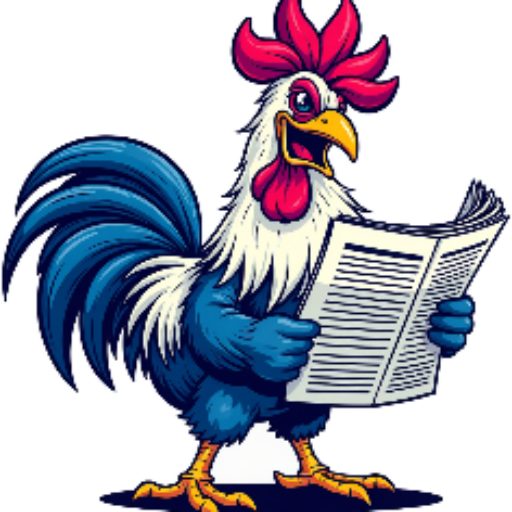
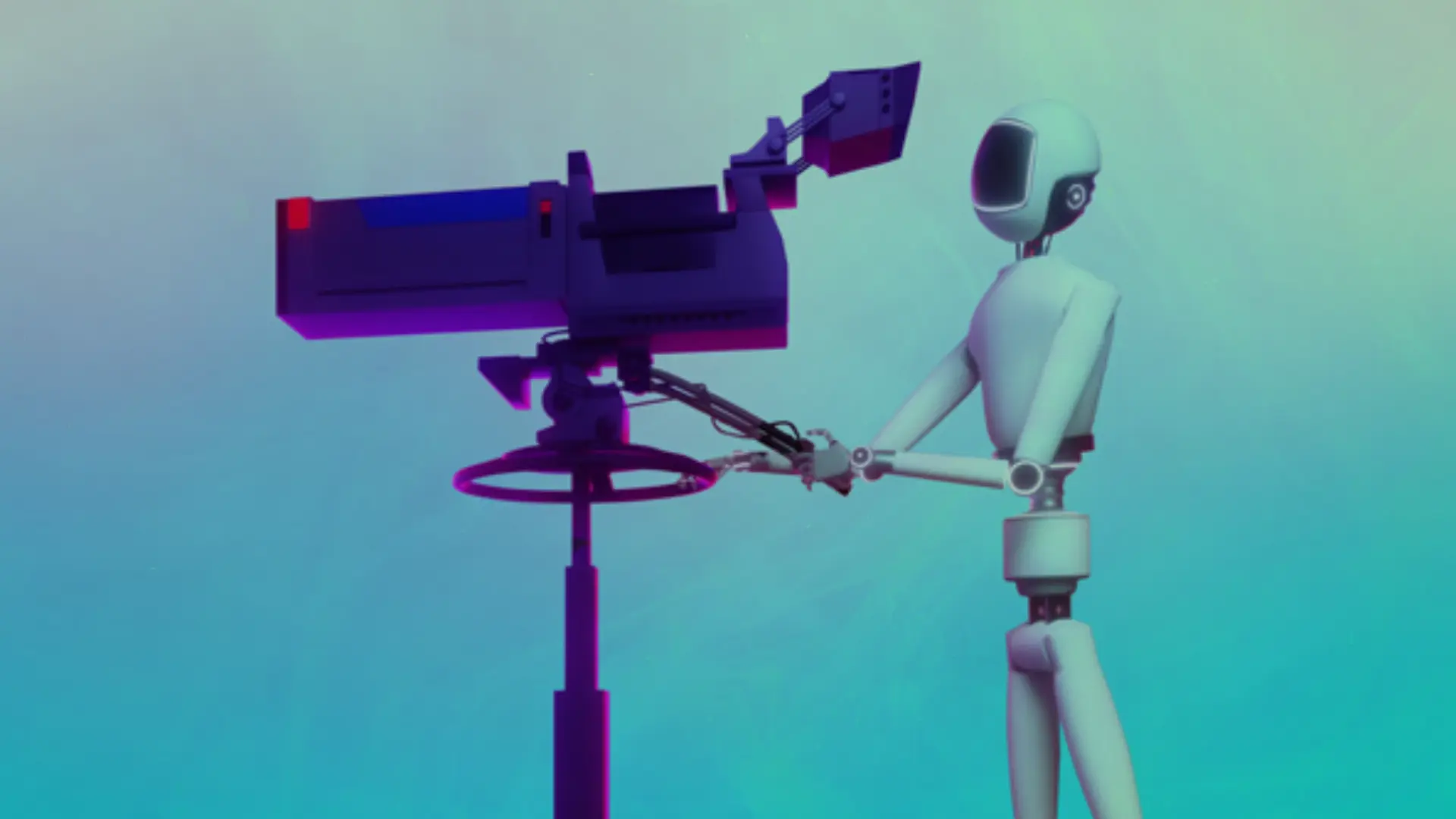
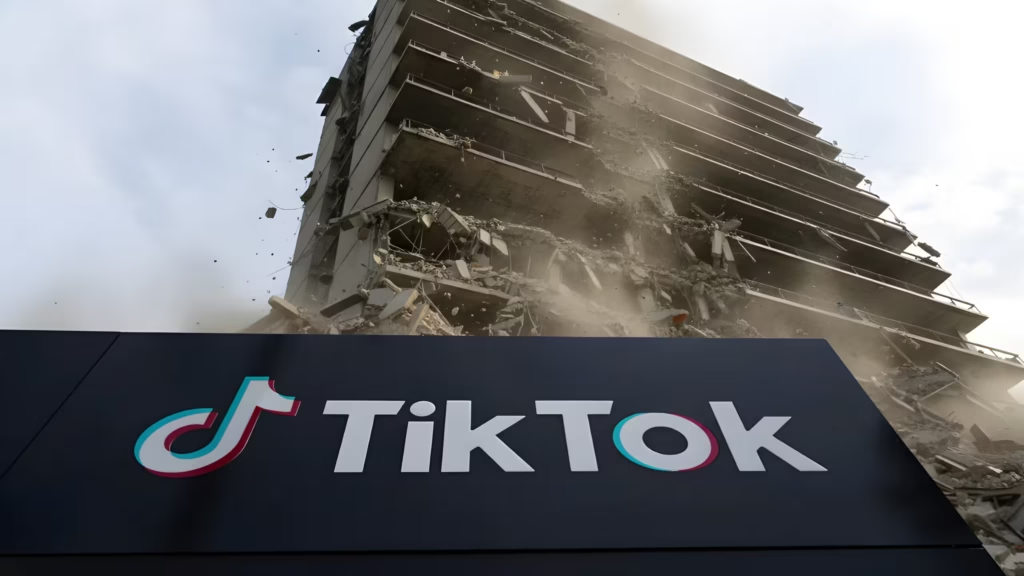
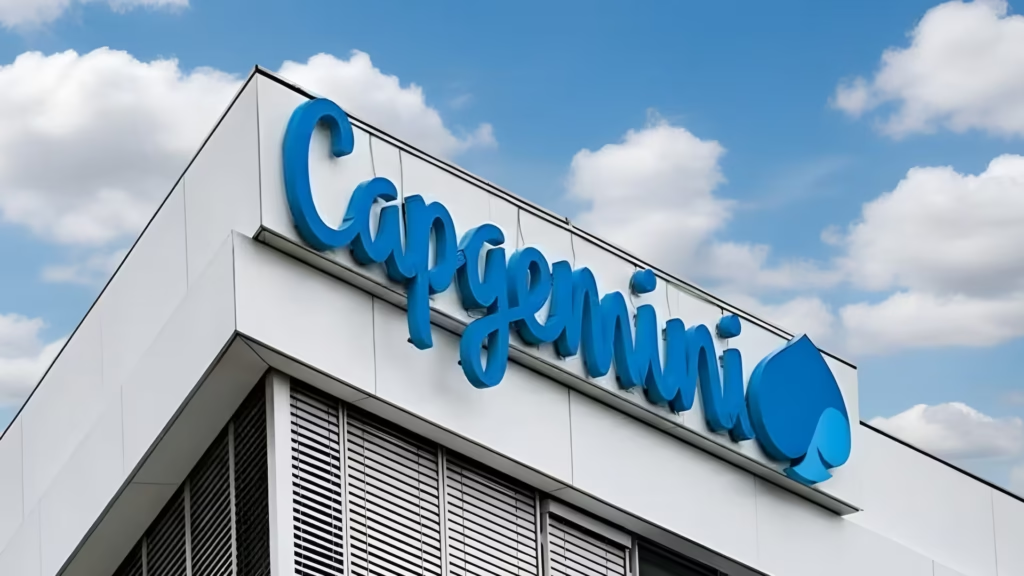
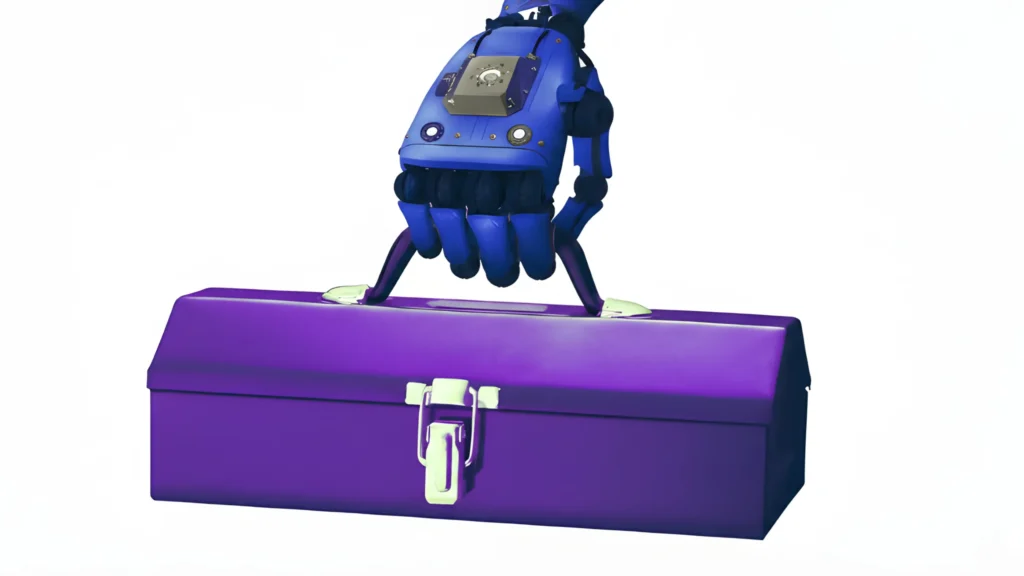
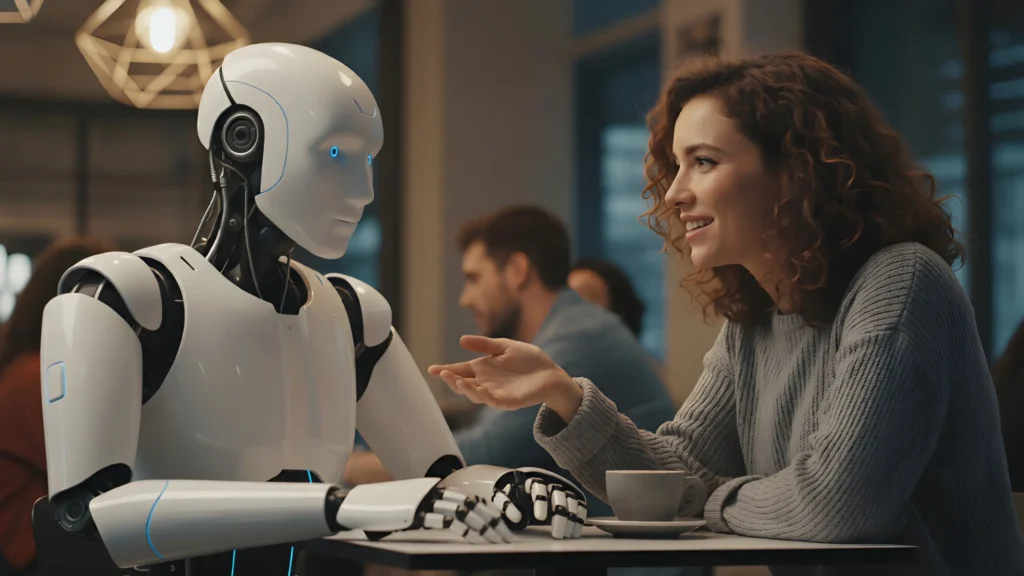
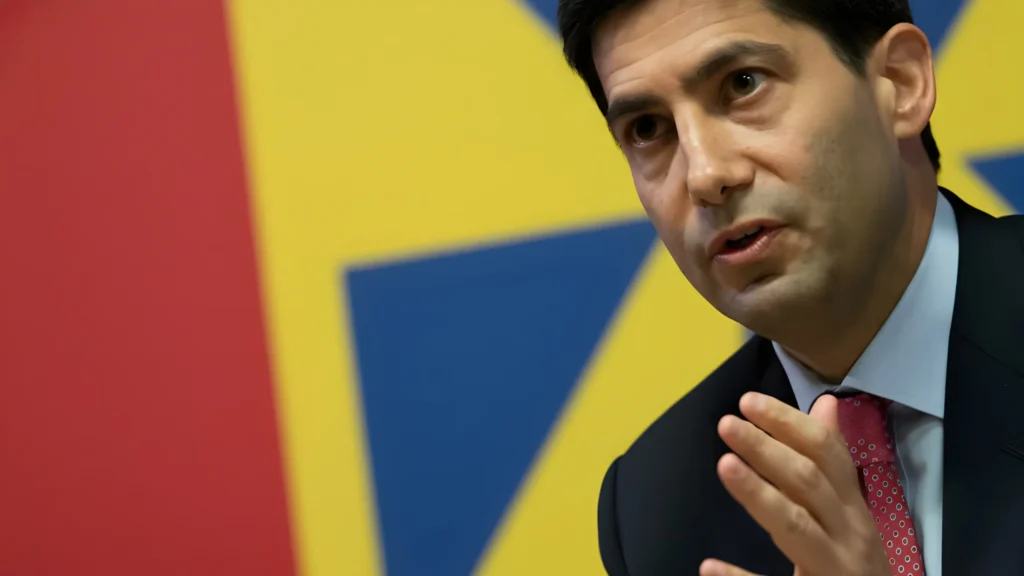
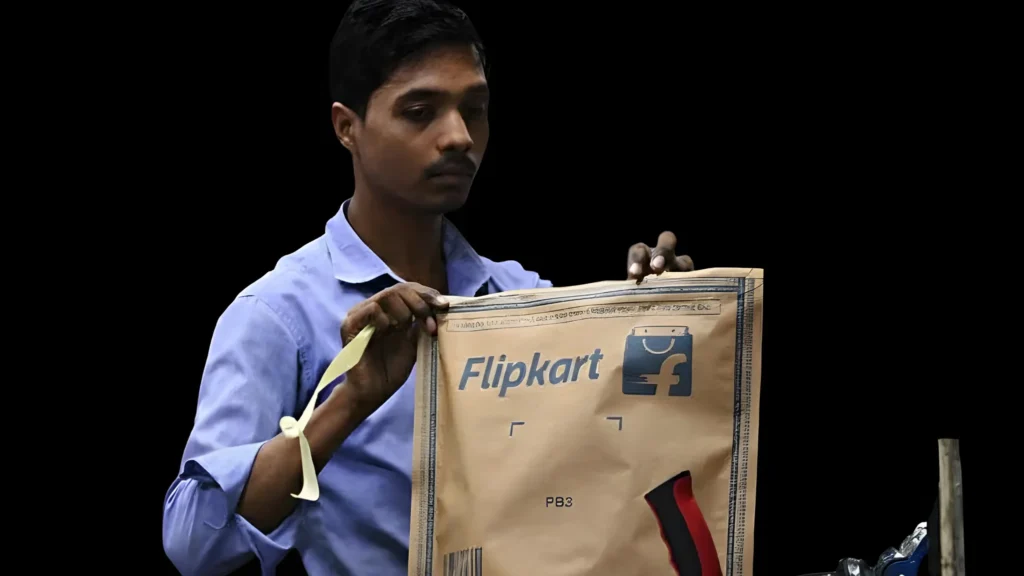
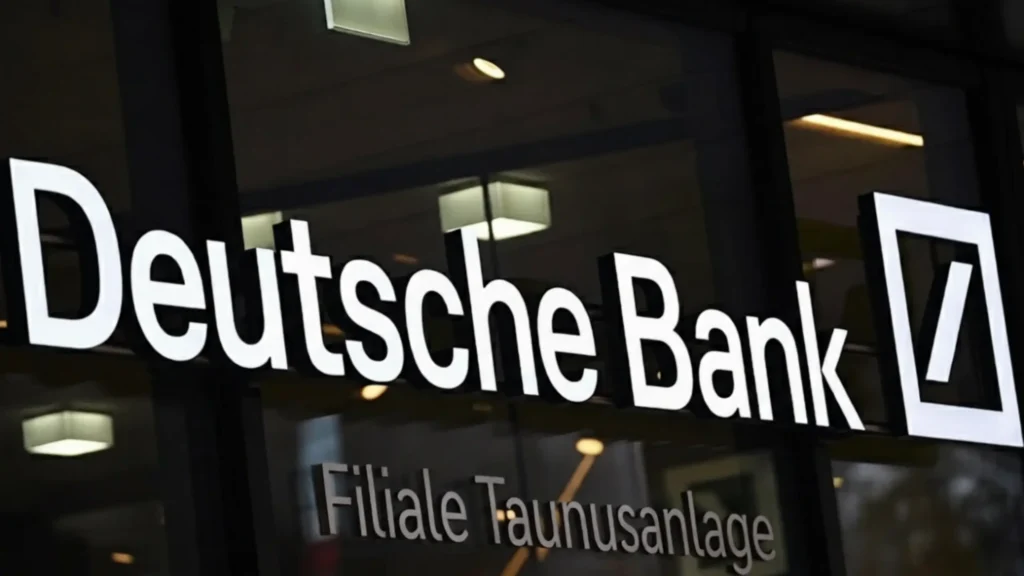
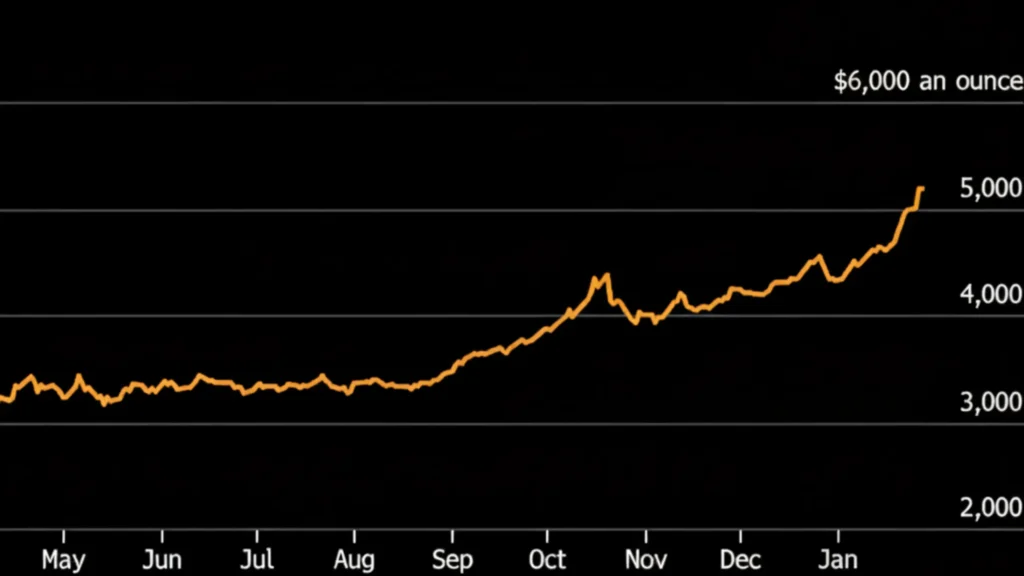
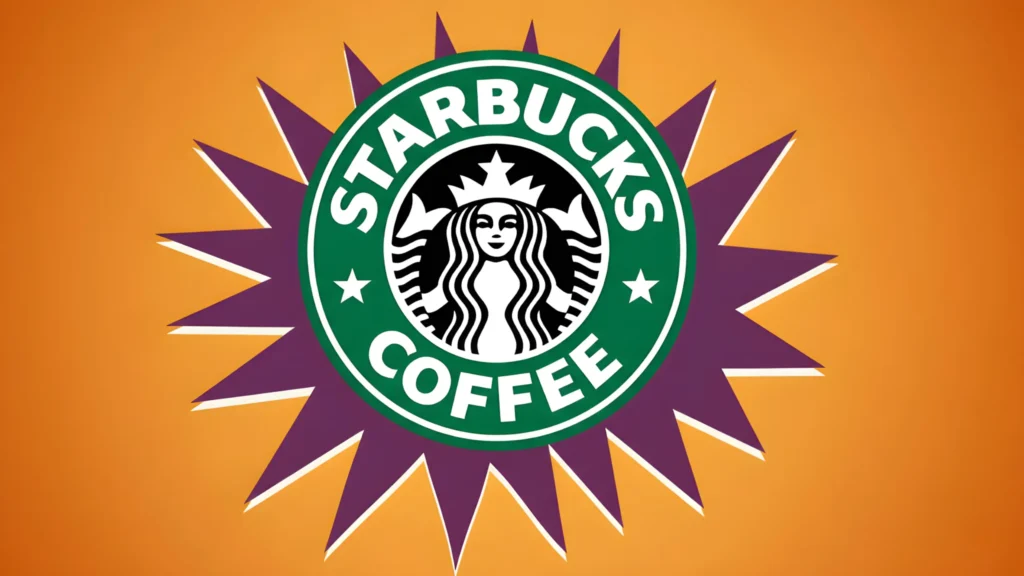
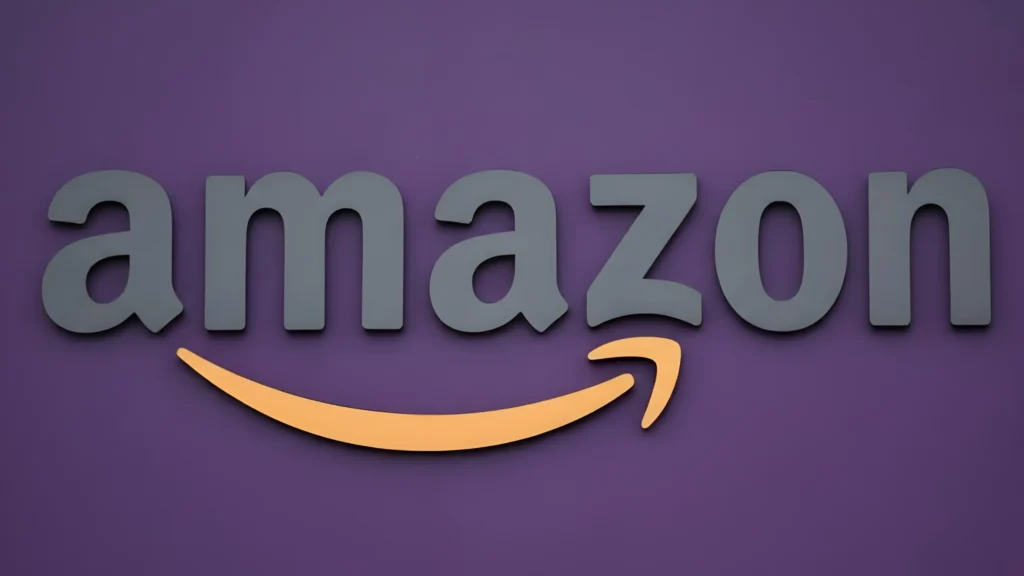
Leave a Reply